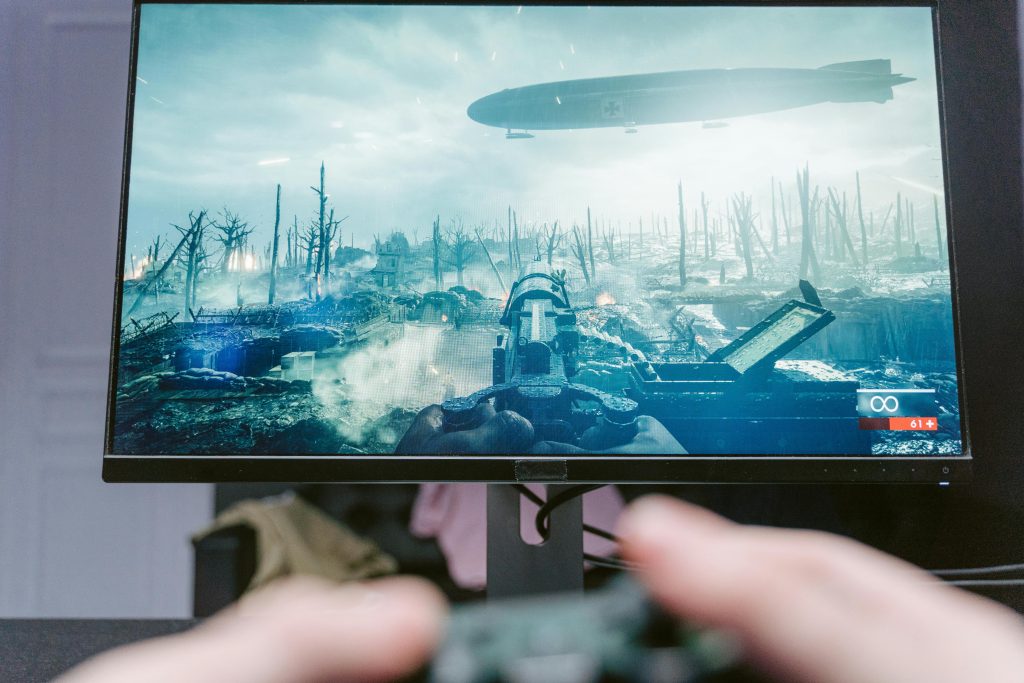A Surprising Computer Sale: When Technology Takes an Unexpected Turn
Today, I found myself in a rather curious predicament. After thoroughly testing a computer, I successfully sold it to a customer who seemed genuinely pleased with his purchase. However, shortly after the transaction, I received an unsettling message: the buyer claimed that the computer had somehow damaged his television.
This situation raises some intriguing questions about technology and compatibility. Is it feasible for a computer to cause harm to a TV? After doing some research, I dug deeper into how such a scenario might unfold.
Understanding the Risks of Connecting Devices
First, it’s essential to understand how devices interact. Computers and televisions can connect in various ways, often using HDMI cables or VGA connections. In most cases, this setup is straightforward and poses minimal risk. However, several factors could potentially lead to issues:
-
Power Issues: If the TV and computer are not properly grounded or if there are fluctuations in power supply, it could lead to electrical problems. An overload on either device could potentially cause damage.
-
Incompatible Resolutions: Sometimes, a computer might output a resolution that the TV can’t handle, leading to display issues. Fortunately, this usually doesn’t cause physical damage but can result in frustration.
-
Faulty Cables: A damaged or low-quality cable might not conduct signals correctly. This can lead to erratic behavior and issues during connectivity, though typically not to the extent of breaking a device.
-
Existing Problems: It’s also worth considering that the television may have had pre-existing issues, which the connection to a new computer has now highlighted.
What to Do Next?
If you find yourself in a similar situation as I have, it’s best to approach it with understanding and empathy. Reach out to the buyer to gather more details about the incident. Perhaps a discussion can resolve any misunderstandings and clarify whether the computer could indeed be responsible.
If you’re in the market for tech or considering selling used equipment, remember to educate your buyers on proper usage and setup guidelines. Knowledge can go a long way in preventing issues down the line.
In the end, experiences like these highlight the importance of communication and transparency in technology transactions. Let’s keep the conversation going and help each other navigate the sometimes murky waters of tech sales!
Share this content:




It’s understandable to be concerned when a buyer reports possible damage after a sale. Generally, computers do not cause physical damage to televisions simply through connection; most issues are related to electrical surges, incompatible resolutions, or faulty cables. Here are some steps you can take:
In terms of protecting yourself in future sales, consider providing buyers with setup and safety instructions, including warnings about electrical safety and compatible resolutions. Documentation and honest communication can help prevent misunderstandings and clarify responsibilities.
If you suspect that the problem was not caused by the computer, documenting